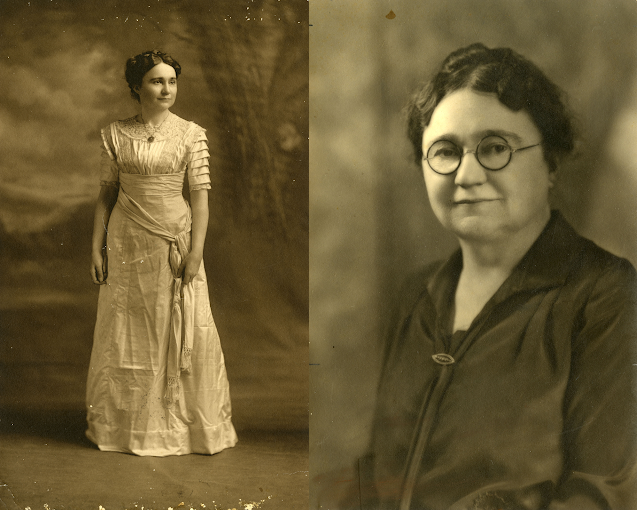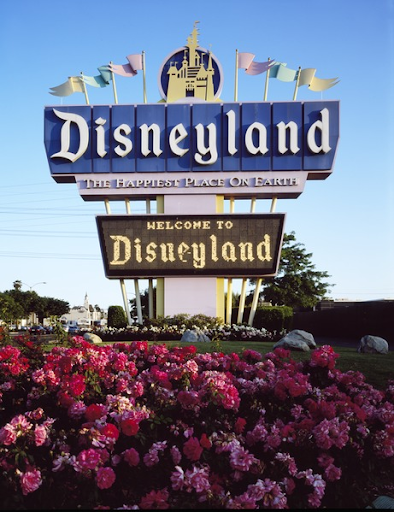Ura! Ura! Ura!
You hear this battle cry and look to center stage. A man in a white scarf stands up begging you to understand the tyranny you are under. Everyone is nodding, stamping their feet and shouting in agreement. You look at the pamphlet you were just handed with lyrics to “Beasts of England.” The man tells everyone about the dream he had and about the song his mother used to sing even though she only knew the first three words.
He begins to sing and slowly more people join in. Soon, you are reading off of your pamphlet and realize you are part of this uprising.
Bang!
A gunshot rings out, and everyone drops to the floor. This is “Animal Farm.”
“The production we’re doing follows very closely to the novel,” said Jack Zerbe, professor of theatre studies and director of study abroad and “Animal Farm.” “I drew from stuff that resonated with me and then hope it resonates with the audience.”
Zerbe hopes to take the classic dystopian and satire novel to new heights with this adaptation, continuing to ask people to think critically about how government affects us.
“Animal Farm” was written originally by George Orwell, author of “1984” and other works, in a fictional attempt to caution us about the results of blindly following revolutionaries.
The story of the Bolshevik Revolution is told through the animals on Manor Farm. Every character on the farm, from the pigs to the horses, parallels key people from the socialist revolution in Russia.
“We’ve avoided those direct parallelisms,” said sophomore Lucas Perez-Leahy, actor and dramaturge. “But (those parallels) are true.”
The message that almost vibrates in each actor’s words begs us to look at how politics work.
It demands we ask questions about oppression, revolutions and totalitarian governments.
“I’m interested in lots of styles of plays, but one of my favorite is sociopolitical-style plays,” said Zerbe. “Certainly, George Orwell is in the foreground of socio-politics.”
Perez-Leahy and CCE junior Patrick Brandt, playing Squealer and Napoleon respectively, were both able to give insight into the process itself.
“I had some initial concerns about how animal we would have to be,” said Brandt. “Were we going to be wearing big masks or oinking on stage?”
“In terms of (George Orwell’s) prose, he can be very dry and pedantic,” said Perez-Leahy. “A lot of our lines are dry political language, and our job was to breathe life into those lines. That’s what a lot of acting is, to play action.”
This play is standing strong against some weaker adaptations in the past. Furthermore, the cast was able to do this in half the time of a normal Guilford production.
Last semester, the play “Rumors” ran after about seven weeks of preparation. “Animal Farm” will run for its second weekend Feb. 6, 7, and 8, open after only three weeks of preparation.
“Animal Farm’s” shortened preparation time also meant that everyone was working on their lines and the lights every day.
Where normally those tasks could be divided, the shortened time and smaller class size meant that tasks had to be split between the entire group.
“Every actor had a technical responsibility,” said Perez-Leahy. “An actor who is also an electrician is on stage and a light bursts, and they think ‘Oh I have to go and replace that,’ but they can’t be thinking about that on stage. You have to separate those two ways of thinking.”
Similar to last year’s J-Term play, “The Trial, “Animal Farm” takes us to a bizarre parallel universe. And with gunshots piercing the soundstage and banners waving, the new Theatre Studies department’s production continues to make us question the way we think and redefines what it means to be a cog in the machine.
[photomosaic nggid=186]











